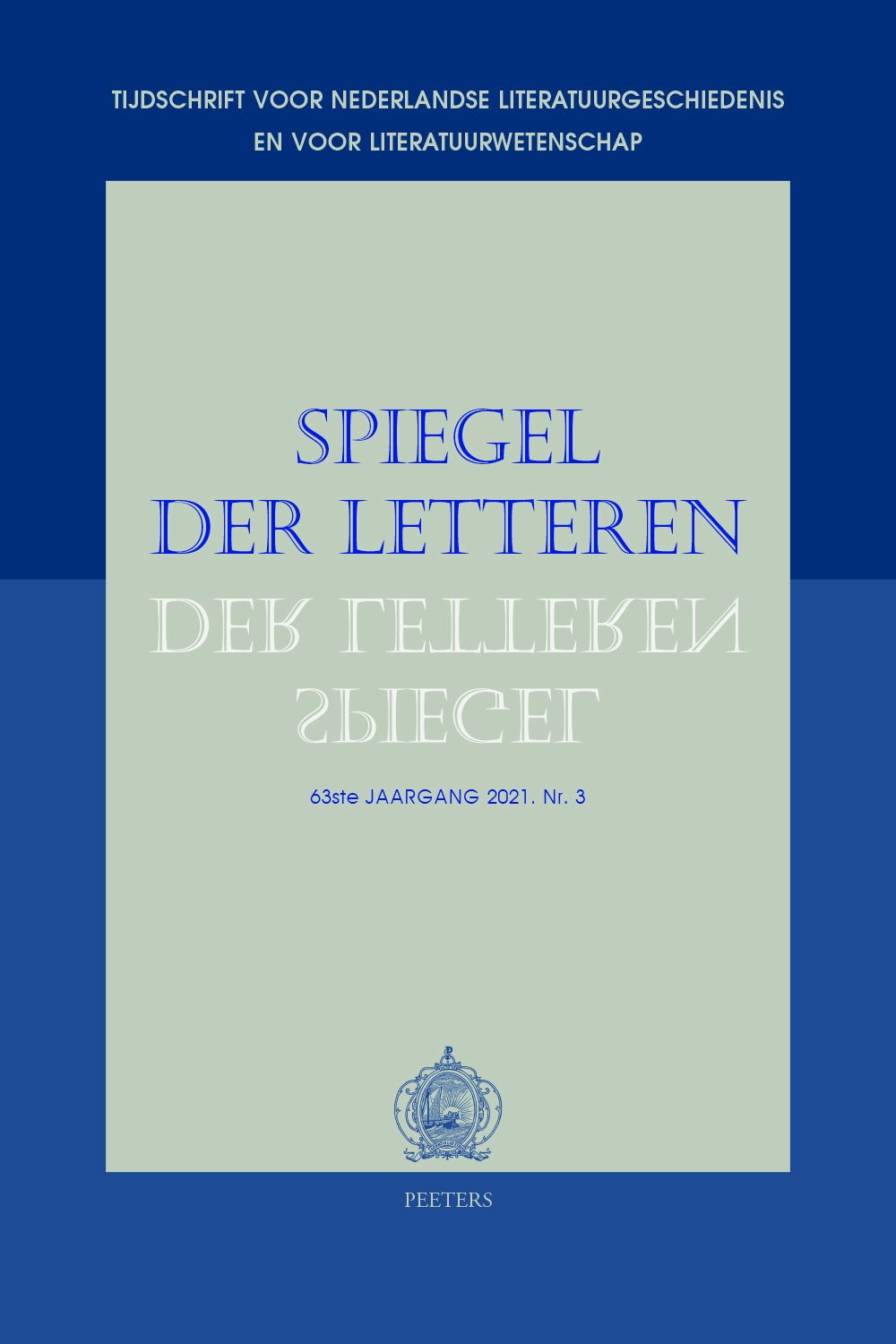 previous article in this issue previous article in this issue | next article in this issue  |

|
Document Details : Title: Utopische voorstellingen in Wessel te Gussinklo's Verboden Tuin (1986) Author(s): GRAVE, J. Journal: Spiegel der Letteren Volume: 46 Issue: 1 Date: 2004 Pages: 33-47 DOI: 10.2143/SDL.46.1.504893 Abstract : Wessel te Gussinklo’s novel De verboden tuin (1986) is generally classified as a Bildungsroman, a novel of personal development. This article examines the utopian ideas associated with the concept of the Bildungsroman and demonstrates that the traditional definition of the genre does not apply to De verboden tuin. The utopian element in this novel takes the form of daydreams and visions, a closer analysis of which reveals that, for the protagonist Ewout, contentment is no longer linked to a projected future, but rather, can only be realised in the present. Karl Heinz Bohrer’s work on aesthetics, in which he reformulates the idea of the Bildungsroman, provides a theoretical basis for the discussion. |
|
